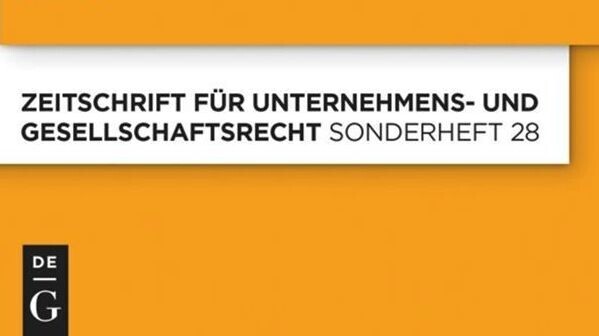Sustainability regulation and German SMEs – is there a need for reform?

Medium-sized companies have recently been confronted with much more comprehensive sustainability regulation. This article pursues two objectives. On the one hand, the special features of SMEs that are essential for understanding the impact of sustainability regulation are identified. This already indicates how little the Corporate Sustainability Reporting Directive (CSRD) and related EU regulations (taxonomy, Corporate Sustainability Due Diligence [CSDDD], EU Deforestation Regulation [EUDR], Carbon Border Adjustment Mechanism [CBAM]) as well as German legislation (such as the Supply Chain Duty Act [LkSG]) take into account the characteristics of SMEs that are relevant to the impact of the rules. Secondly, the implementation status of the CSRD in German companies in 2024 will be described and, in particular, the prevailing challenges and opportunities will be discussed. Using representative data from the continuous company surveys conducted by the German Business Panel (GBP) at the University of Mannheim, the article shows the extent to which companies that are or will be obliged to apply the CSRD have already implemented corresponding measures and which elements of the CSRD are particularly relevant from the companies' perspective.